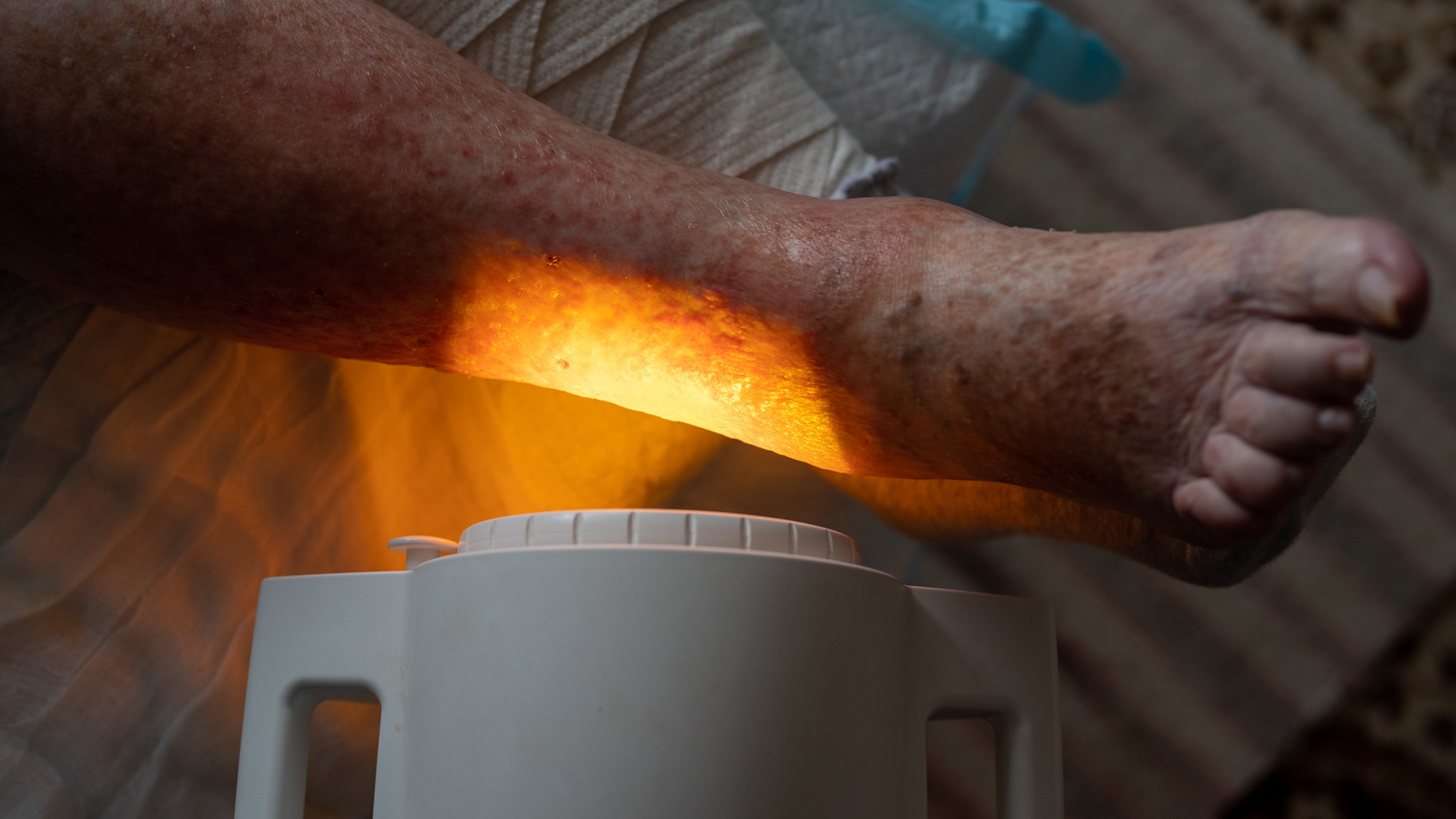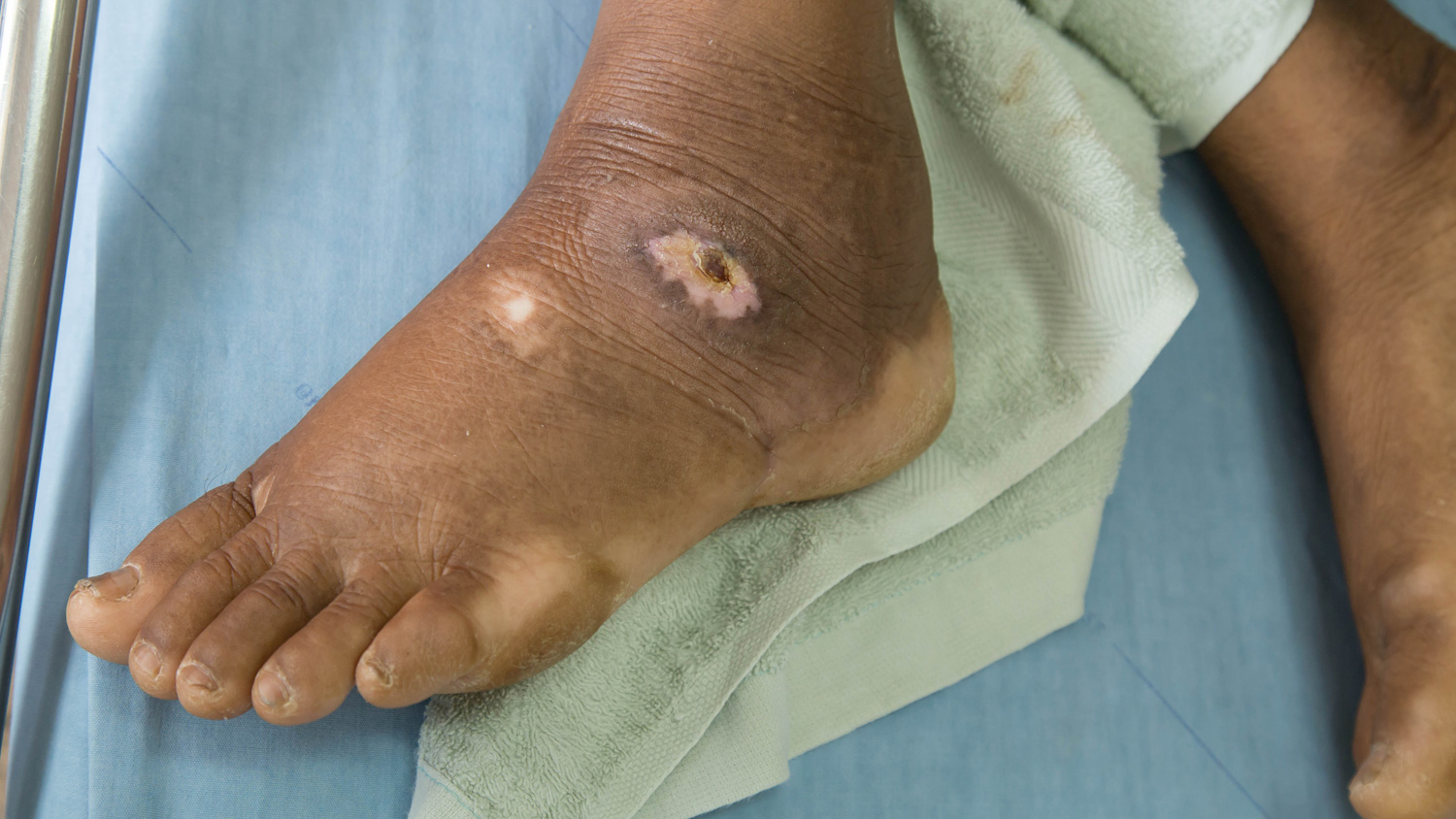
The Secret to Cell Regeneration: Nucleotides
Written by Dr. Joe Díaz
Nucleotide Complexes and Their Potential in Regenerative Therapy.
The human body has an amazing capacity for repair and defense. In these processes, nucleotides play a central role: they are small molecules that allow cells to regenerate, produce energy, and strengthen our defenses. Today we know that, at certain times, providing nucleotides externally can become a valuable support for our health.
Nucleotide complexes are mixtures of molecules that are part of DNA and RNA, responsible for storing and transmitting genetic information. They can also be present bound to nucleosides and used as therapeutic supplements to support various biological functions.
In recent years, they have sparked interest in medicine and nutrition because it has been proven that they promote cell regeneration, modulate the immune system, and improve the body’s response to situations of increased stress, such as infections or chronic diseases.
How do they act in our body?
Nucleotides participate in vital processes such as:
• Formation of DNA and RNA, necessary for cell division and repair.
• Energy production, through molecules such as ATP.
• Communication between cells, through chemical signals.
When administered as a supplement, they can be especially useful in times of high metabolic demand: surgery, infections, intensive treatments, or prolonged illnesses. In these cases, they help cells multiply more quickly, accelerate healing, and strengthen the immune response, especially that of T lymphocytes and macrophages.
Therapeutic Applications
In cell proliferation
During cell division, nucleotides are essential for copying genetic material.
Cells that constantly renew themselves (such as those of the intestine, bone marrow, or tissues of the immune system) require large amounts of these molecules.
Supplementing them promotes faster recovery of damaged tissues, protects the integrity of mucous membranes, and aids in healing. This is especially useful in states of physical exhaustion, postoperatively, or with chronic diseases.
Immune system boosters
The body’s defenses depend on the availability of nucleotides. T lymphocytes, B lymphocytes, and macrophages require these molecules to activate, multiply, and fulfill their function. Their external supply can:
• Stimulate antibody production.
• Improve T cell response.
• Increase macrophages’ ability to destroy harmful agents.
In addition, they regulate the release of cytokines, key molecules in coordinating immunity.
This allows for a more efficient defense, reduces the risk of infection, and accelerates recovery.
Nucleotides have even been shown to strengthen the activity of natural killer (NK) cells, which participate in the body’s surveillance of tumor cells, opening up the possibility of a complementary role in immunotherapies.
Support during cancer treatment
In oncology, nucleotide complexes have sparked interest because they influence tissue repair and immune function. Cancer patients often experience severe metabolic exhaustion, immunosuppression, and cellular damage, both due to the disease and the effects of chemotherapy or radiotherapy.
In these cases, nucleotides can contribute to:
• Maintaining the health of the intestine, which is particularly vulnerable.
• Promoting the recovery of damaged tissues.
• Strengthening defenses to reduce the risk of infection.
• Improving tolerance to treatments.
A promising tool
Nucleotide complexes are emerging as a therapeutic tool with applications in regenerative medicine, immunology, and clinical nutrition. Recent studies support their use as support in chronic and degenerative diseases, thanks to their good tolerance and low risk of adverse effects.
Furthermore, they may be especially useful in people with greater vulnerability, such as patients with intestinal malabsorption, newborns, older adults, or people with compromised immunity.
As supportive therapy, they do represent a safe and promising option to support recovery processes, strengthen the immune system, and improve quality of life.
by admin
Share
STAY IN THE LOOP





